The second part of the 7th edition of the Kongres 590 is behind us!
The Economic Award of the President of the Republic of Poland, the Polish-Ukrainian Forum, debates on the security of Poland and the Three Seas region and support for Ukraine – these are just some of the points of the autumn edition of the 7th edition of the Kongres 590, which was held in Rzeszów under the motto “We bring everyone together.”
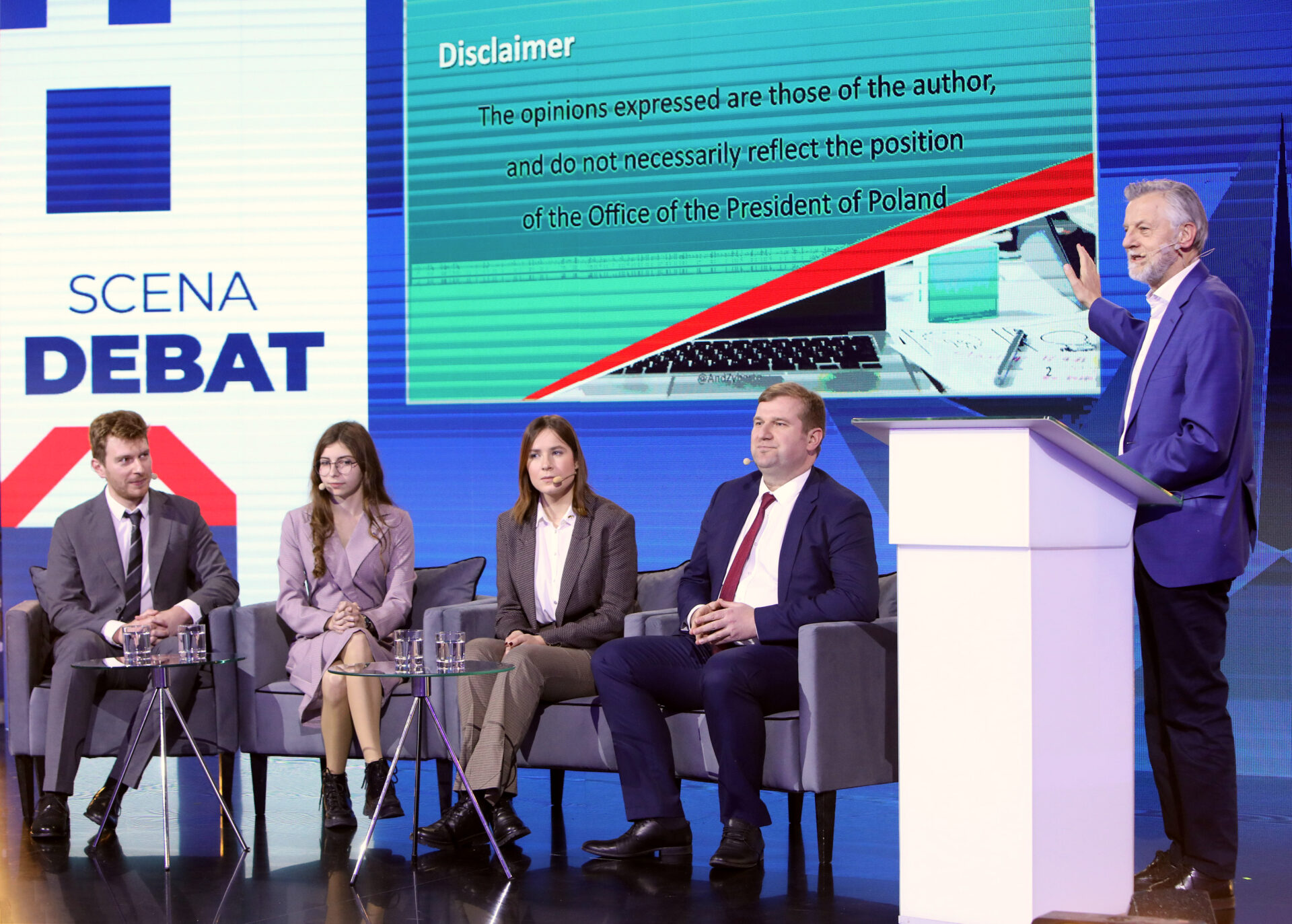
The autumn edition of the event was opened by Wojciech Majewski, Chairman of the Board of Directors of the Kongres 590, author of the concept and motto of this year’s edition, who read out a letter from Prime Minister Mateusz Morawiecki.
– „The Kongres 590 has managed to become part of the landscape of the most significant economic events in Poland over the course of several years. The 7th edition of this extremely valuable initiative, which begins today, will bring together – as in past years – a group of prominent representatives of business, renowned analytical companies, universities, media, as well as politics and public life, the Prime Minister said. – „This year’s Kongres is guided by the slogan “We bring everyone together.” It would be hard to find a more apt diagnosis of the situation in which our region finds itself after the Russian invasion of Ukraine. The Three Seas Initiative is currently at the very center of the geopolitical transformations taking place in Europe. A unique place in this process is occupied by Poland, which has become the most important direction for the escape of urban and rural residents threatened by war. For months it has also remained an indispensable link in the chain of humanitarian and military aid flowing from around the world to Ukraine” added Mateusz Morawiecki.
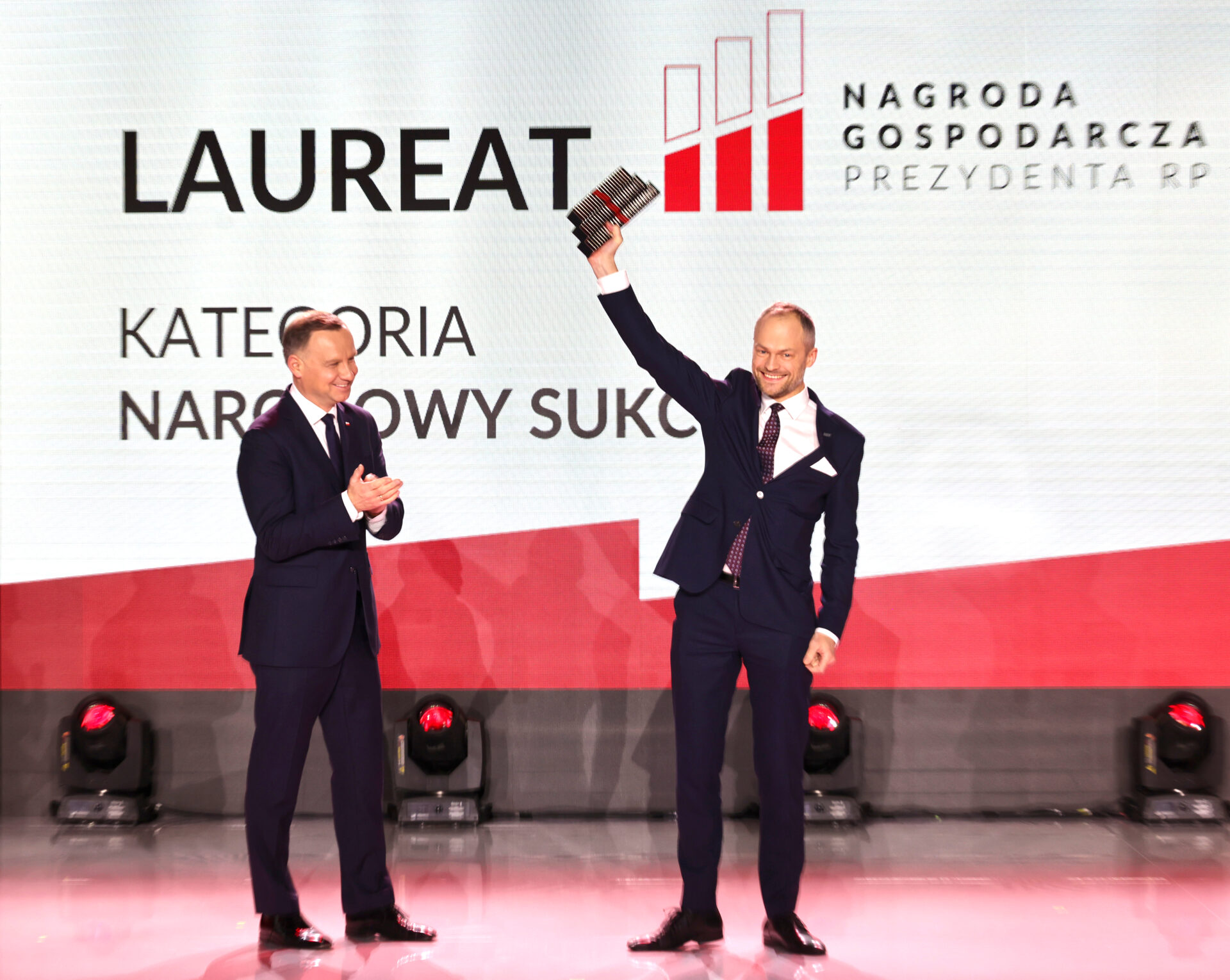
– „I congratulate all the winners and nominees of the President’s Economic Award. This is strengthening the Polish economy by promoting reliable Polish companies” said Polish President Andrzej Duda during the Gala. – „You are role models, you are the pearls of the Polish economy” he added.
The winners were:
- in the SME Leader category Ekoenergetyka-Polska SA.
- in the National Success category H. Cegielski – Fabryka Pojazdów Szynowych sp. z o.o.
- in the International Success category – Advanced Protection Systems SA.
- in the Responsible Business category – RST Roztocze sp. z o.o.
- in the Family Business category – STER sp. z o.o.
- in the Research + Development category – ADJ Nanotechnology sp. z o.o.
- in the STARTUP_PL category – Chronospace sp. z o.o.
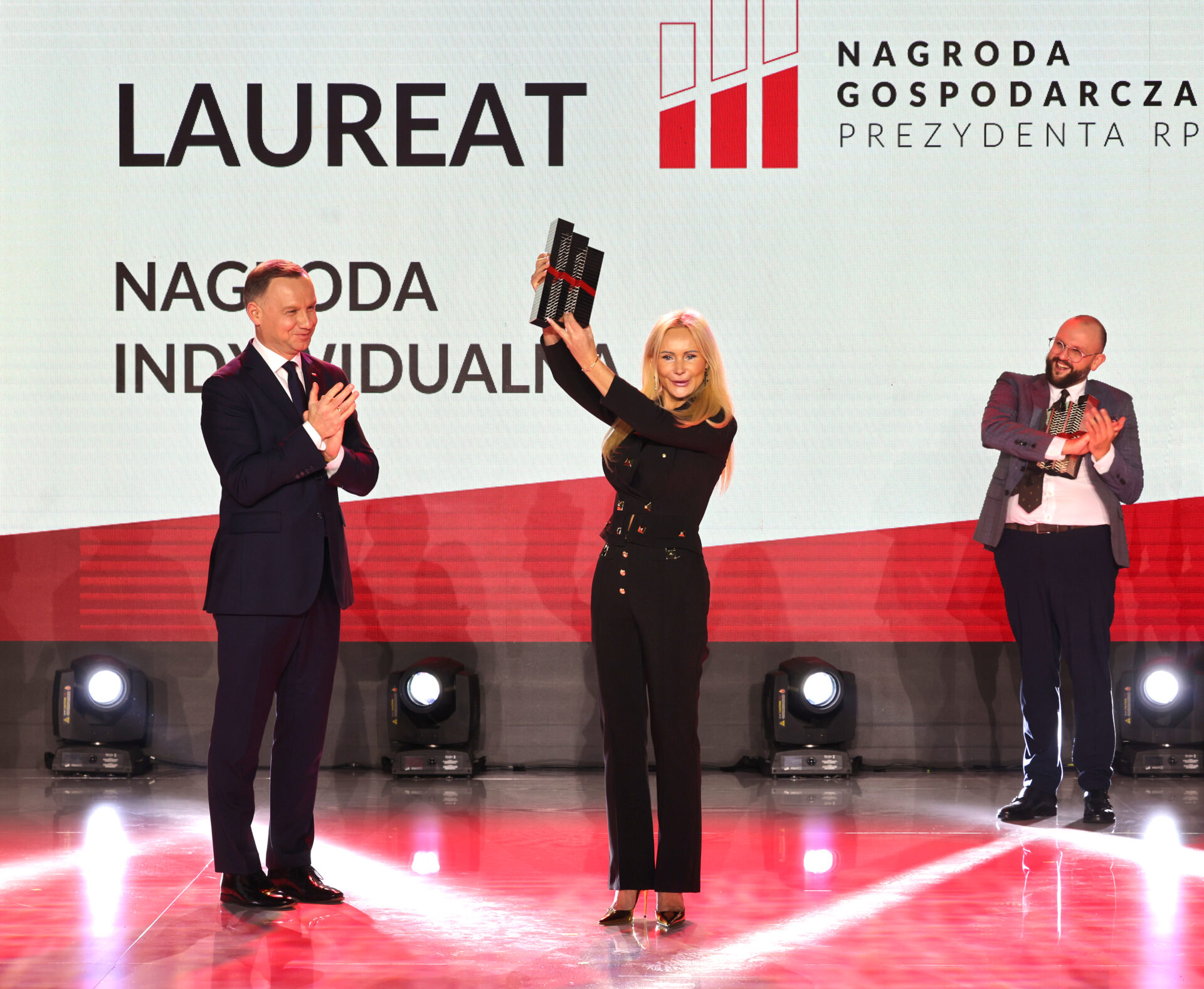
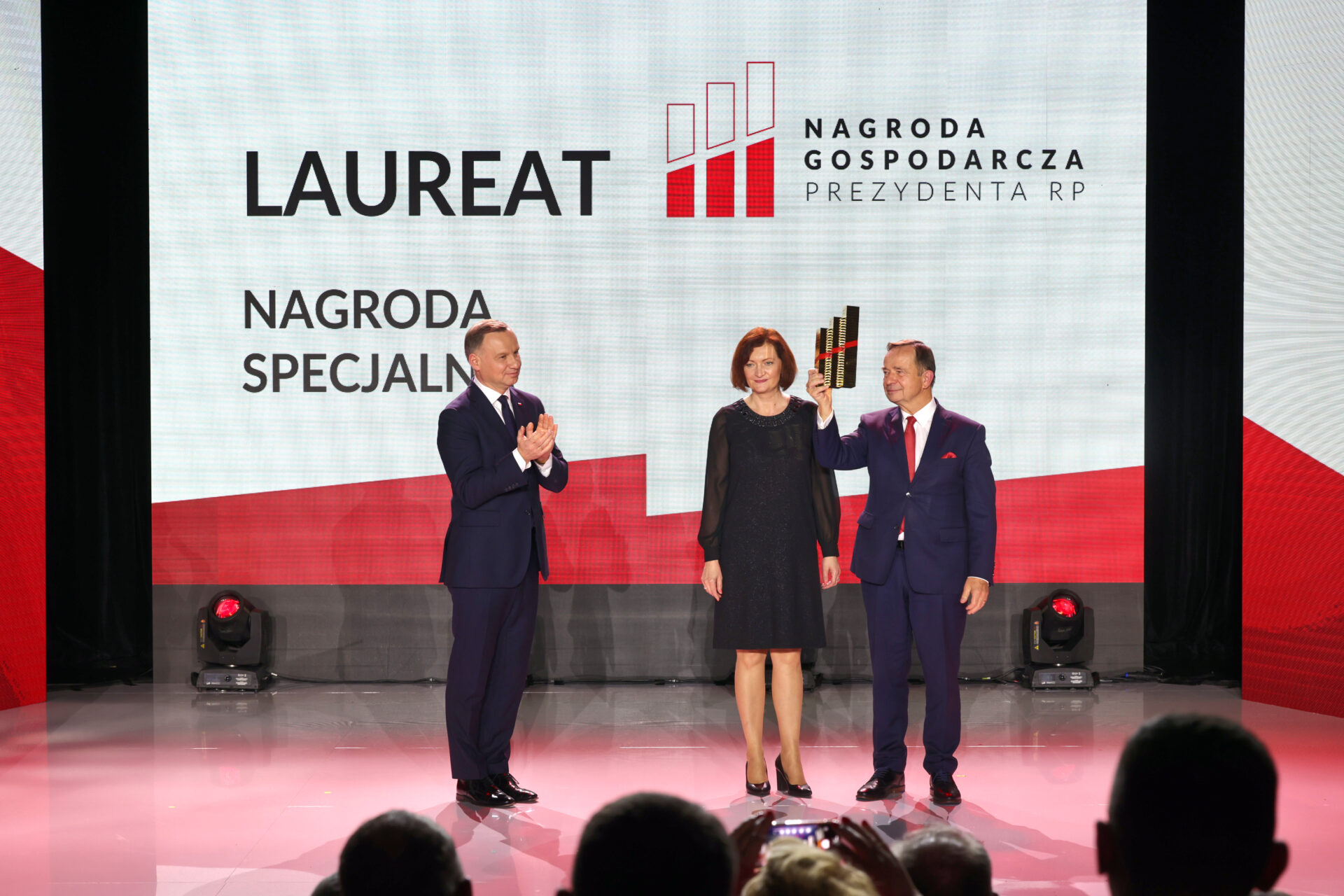
Alliances and defense the key to security
Russia’s aggression against Ukraine was the subject of a conversation, “The End of the World as We Knew It for 30 Years” which Dr. Jacek Bartosiak, strategist and geopolitician with Strategy & Future, conducted with Oleksiy Arestovych, advisor to President Zelenskiy.
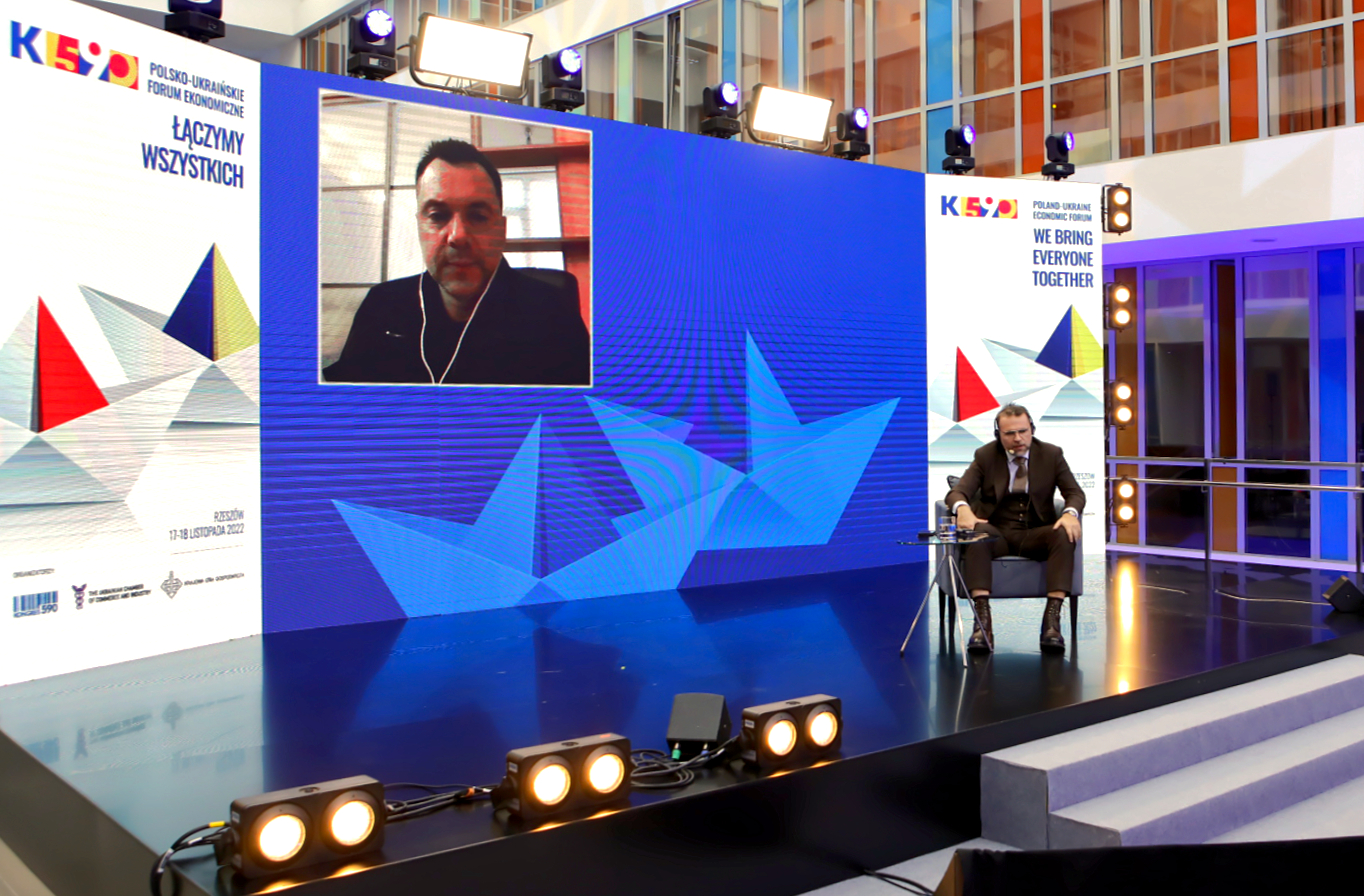
– „Russia’s collapse is inevitable. Instead, we must avoid the uncontrolled disintegration of Russia” Arestovych said. – „The Russian Federation, despite being in crisis, is looking for a way to rebuild the empire. We need to create a strong alliance” he added, stressing the importance of an alliance of the countries in the Three Seas Initiative region.
During his speech, Arestovych thanked the Polish government and society at large for the support the Poles gave to the Ukrainian citizens who came to Poland in such large numbers after the war broke out.
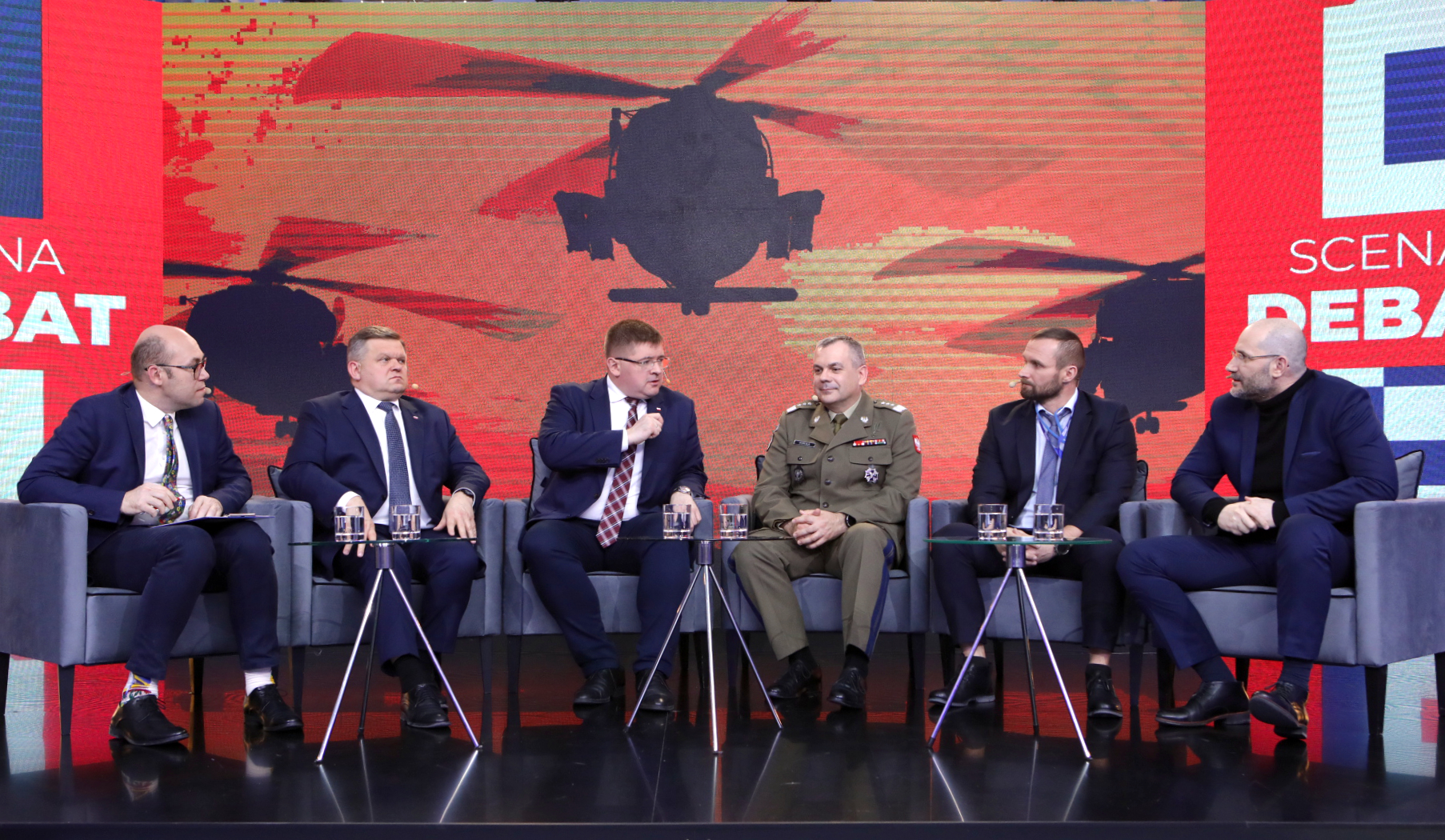
Security also means the readiness of citizens to defend their country. Therefore, one of the topics discussed during this edition of the Kongres 590 was universal civil defense, the legitimacy of the Territorial Defense Forces and changes in their perception in the face of the war in Ukraine.

Lieutenant General Wieslaw Kukuła, Commander of the Territorial Defense Forces, spoke about the prospects for the development of the WOT and that he believes in the concept of universal defense. He emphasized the WOT’s role in non-armed operations, such as anti-flood operations, COVID operations, border operations and refugee support. However, the main emphasis is on building armed capabilities.
– „90% of the WOT’s activity is aimed at building military capacity” the general stressed.
Energy security in the spotlight
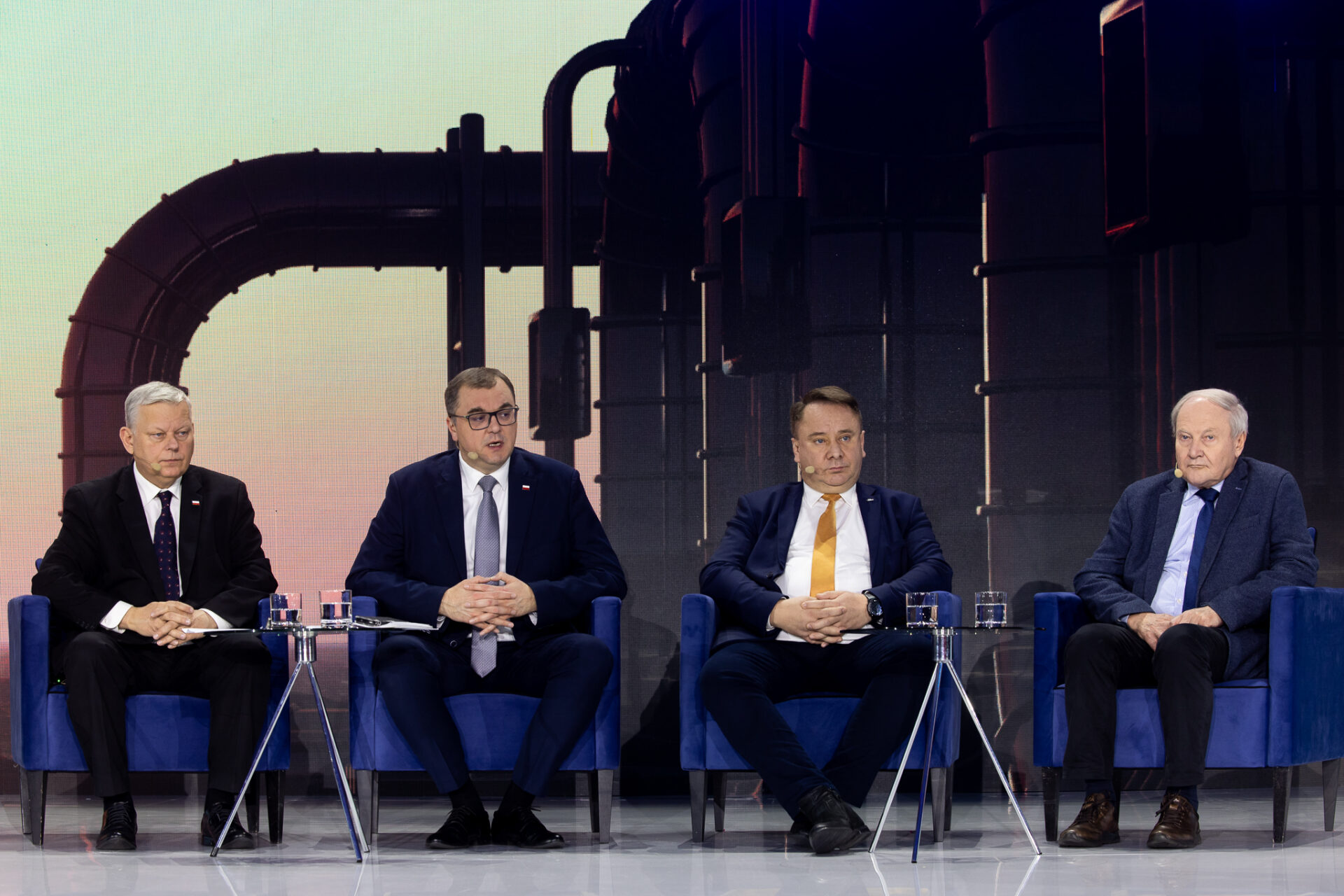
One of the key questions asked during this edition of the Kongres 590 was Poland’s energy security. The war in Ukraine and Russia’s attacks on strategic targets have left millions of people in our eastern neighbors without access to electricity, and the coming winter will only make it more difficult to restore infrastructure.
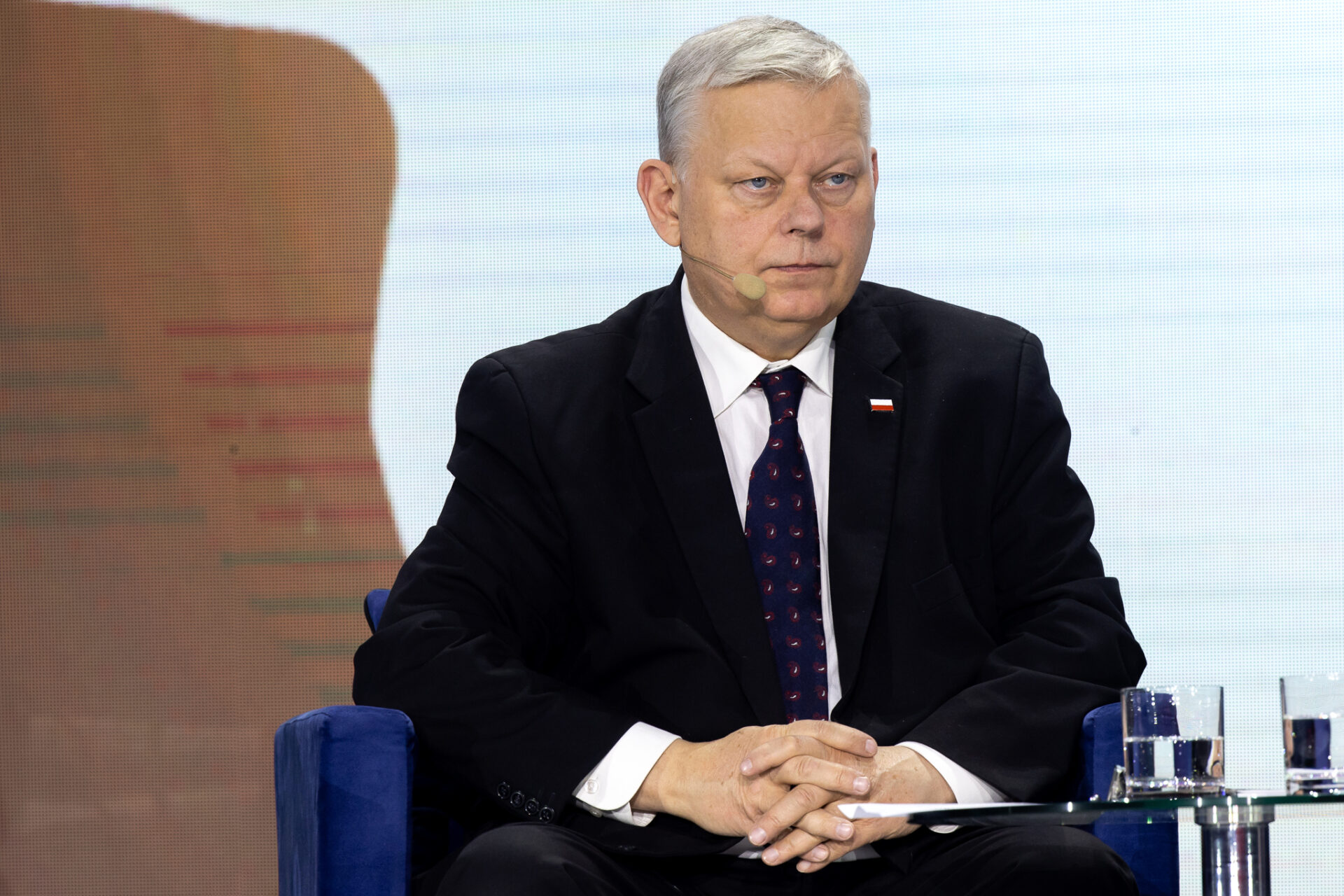
– „Poland is energy secure, and our companies generate sufficient amounts of electricity for our economy and households” assured Marek Suski, MP, Chairman of the Committee on Energy, Climate and State Assets.
Pawel Sałek, Advisor to the President of the Republic of Poland, explained: – „Today the situation we face is completely unique. If we look at the business environment, inflation or the raw material economy, it turns out that relying solely on our own raw material resources gives us the ability to maintain and operate the electric power system in the generation as well as supply system. It is also important that the business has a continuous supply of energy at acceptable prices. Of course, there are some difficulties, and indeed the situation is very complex, although Polish distribution companies and Polish generation companies are fulfilling their role very positively, and if we look at the heating sector, security of supply and generation is realized there as well, although there are indeed problems with ensuring continuity of supply of raw materials for power generation. We observe them at the level of the entire European Union.”
The issue of the price of imported raw materials is also not without significance for energy security. Energy is expensive and will continue to get more expensive, although, as data from September and October indicate, Polish electricity is still the cheapest in the European Union, and the dynamics of price growth is not as high as in our neighbors.
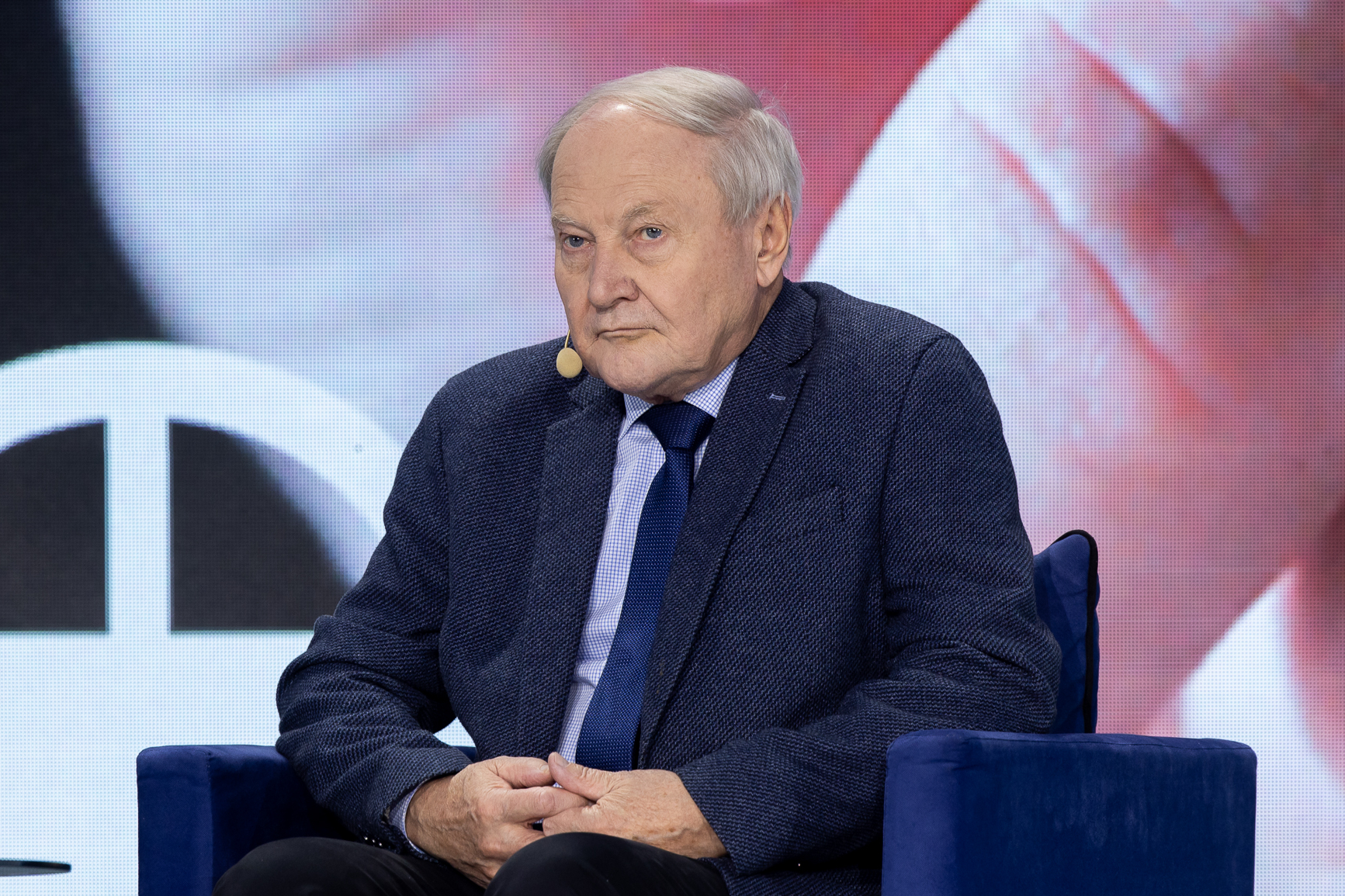
Wladyslaw Mielczarski, Professor at the Institute of Electrical Power Engineering at the Technical University of Lodz, spoke during the discussion on Poland’s energy security: – What will be has determined the policy of the European Union. According to it, for years it was assumed to move away from coal and liquidate mines. When we joined the EU in May 2004, we accepted this scenario. Coal was to be a transitional fuel, only no one said for how long. Natural gas was also supposed to be this transitional fuel, hence the Nord Stream pipelines under the Baltic Sea. My team made calculations on how much of this natural gas would be needed to replace Polish mining, and it turned out that tens of billions of tons were coming out. More new pipelines would have to be built, and that would be a complete abstraction. The war in Ukraine has verified this whole gas option, and we already know that even if the war ended tomorrow and the pipelines were rebuilt, there would remain a lack of confidence. In my opinion, no one will base energy in Europe on natural gas anymore, so now we have to start looking for other options.
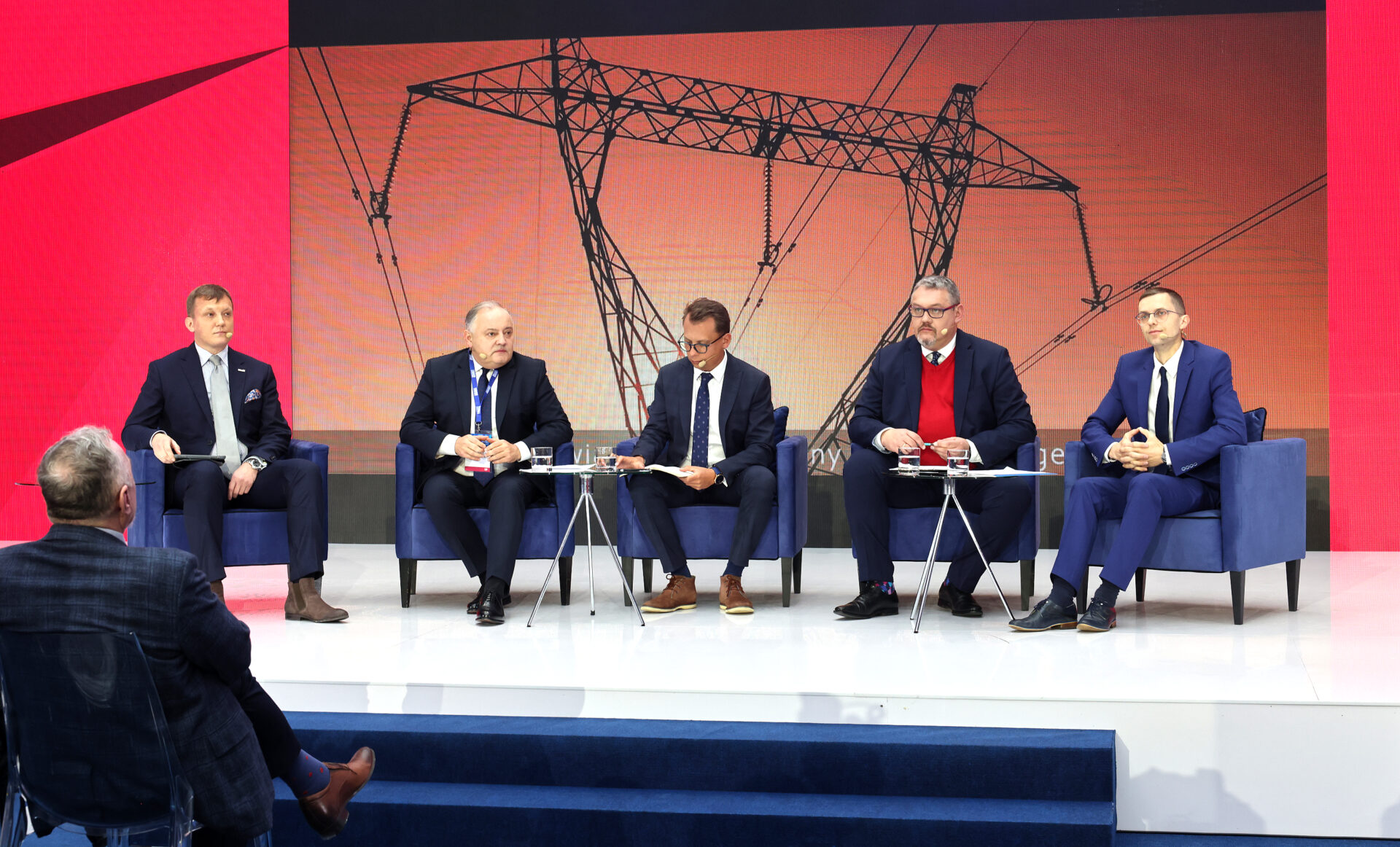
– „Energy security is one of the basic elements of broader state security. Disinformation attacks on energy and our security are a consequence of Russia’s attack on Ukraine. It is mainly Russia that is behind the disinformation that is being spread among Polish society” explained Wojciech Dąbrowski, president of PGE Polska Grupa Energetyczna.
Speaking of the energy crisis, it is impossible not to mention the costs of Poland’s energy transition. They are so large that neither the energy production companies nor the state will be able to bear them. Therefore, financial support from financial institutions, Polish and foreign, such as the EBRD and EIB, is essential” said participants in the panel “Financing key energy investments.
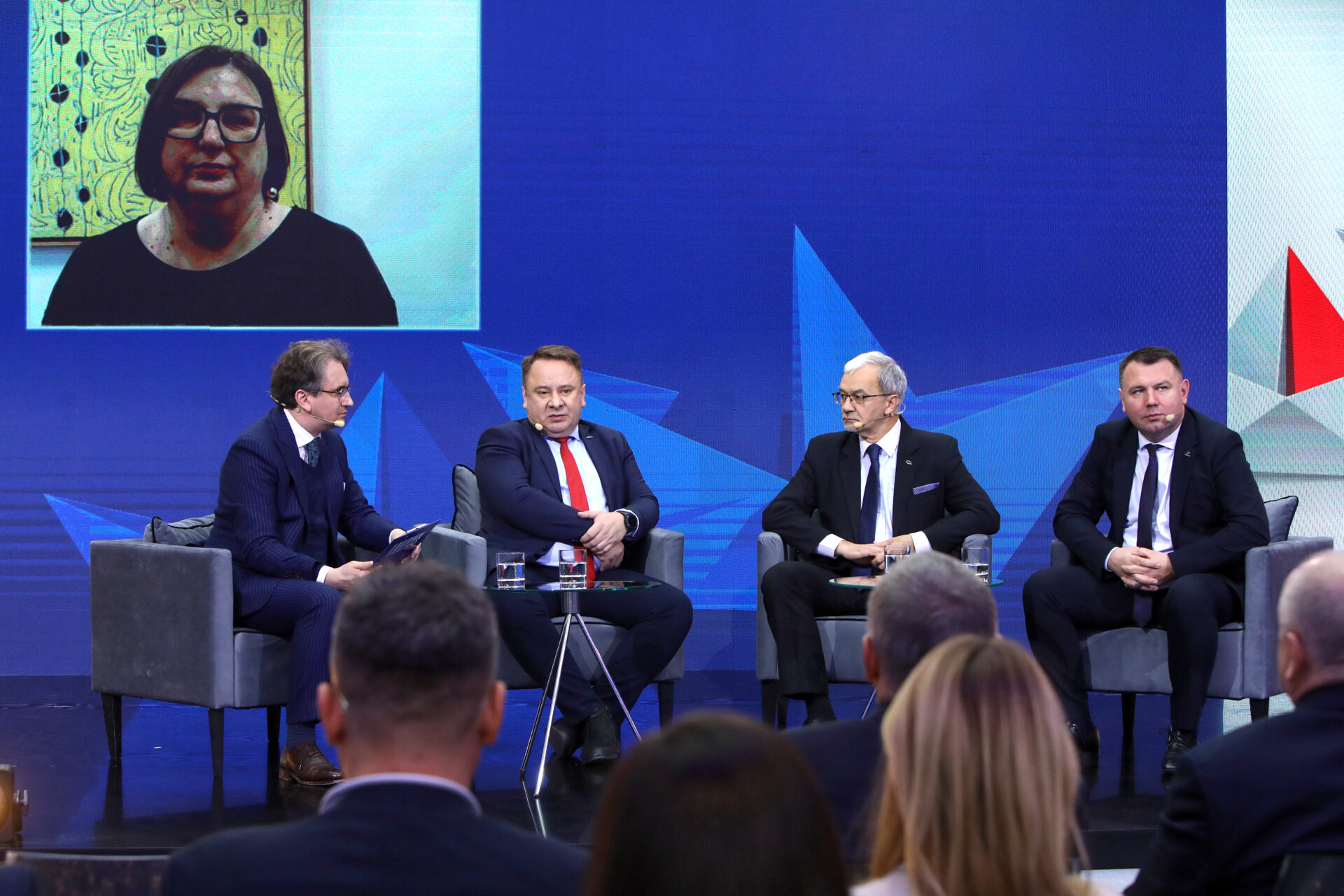
– „The base of the system alone will cost us about 200 billion zlotys. If we add to this Poland’s heat policy, and there are plans for it to be combined in cogeneration with power, we are talking about trillions of zlotys” pointed out Tomasz Siwak, vice-president of the board for commercial affairs at ENEA S.A.. – „The Polish state will not be able to bear such funds in today’s budget. And even less so the energy companies” he assessed.
In his opinion, Polish banks, which have already declared their readiness to participate in this epoch-making venture, should join in financing the transformation.
– „In the case of Poland, we will have to spend 250-350 billion euros on the transformation over the next decade. This is huge money, and although we have companies that are really strong, their capitals together with public funds, whether from the government or the EU, will absolutely not be enough to finance such needs” said Jerzy Kwiecinski, Deputy Chairman of the Management Board of Bank Pekao S.A. – „There will be a need to involve private capital, funds from banks. And we see this.”
Readiness to finance large infrastructure projects has been declared by PKO Bank Polski, which sees the need to support large investments in transmission infrastructure, nuclear power, including SMRs, and perhaps in new energy sources such as hydrogen.
– „From PKO BP’s point of view, the important thing is to act in all areas, i.e. to provide both financing for the energy mix and also to improve transmission efficiency” said Ilona Wolyniec, director of the Strategic Customer Relations and Project Finance Division, PKO BP. – „What is a challenge is the amounts, because banks have limited ability to finance these investments with their capital. We need to look for a mix of instruments, that is, to include institutions such as the EIB and EBRD in the financing of the Polish transition, as well as to direct the offer in the form of a bond issue to investors. We need to encourage each of these stakeholders to finance a specific source of energy production” Ilona Wolyniec stressed.
Pawel Szczeszek, chairman of the board of TAURON S.A., pointed out the need to invest in distribution networks.
– „A few months ago, the Tauron Group presented to customers and shareholders a new strategy assuming a green turnaround of the group – reaching climate neutrality in 2050, and by 2030 we intend to spend PLN 24 billion on distribution networks. The war in Ukraine is not changing our approach, not slowing us down. Quite the opposite – we are absolutely convinced that this direction is the right one” said Pawel Szczeszek.
In the context of the transformation and energy independence of our country, PKN Orlen has a key role to play. Participants in the panel “Strong multienergy concern ORLEN as a pillar of energy security in Central and Eastern Europe” stressed that the construction of a large multienergy concern is in line with the long-term interests of our country. As a result, the resulting group will be comparable to Spain’s Repsol, Italy’s ENI or Norway’s Quinor.
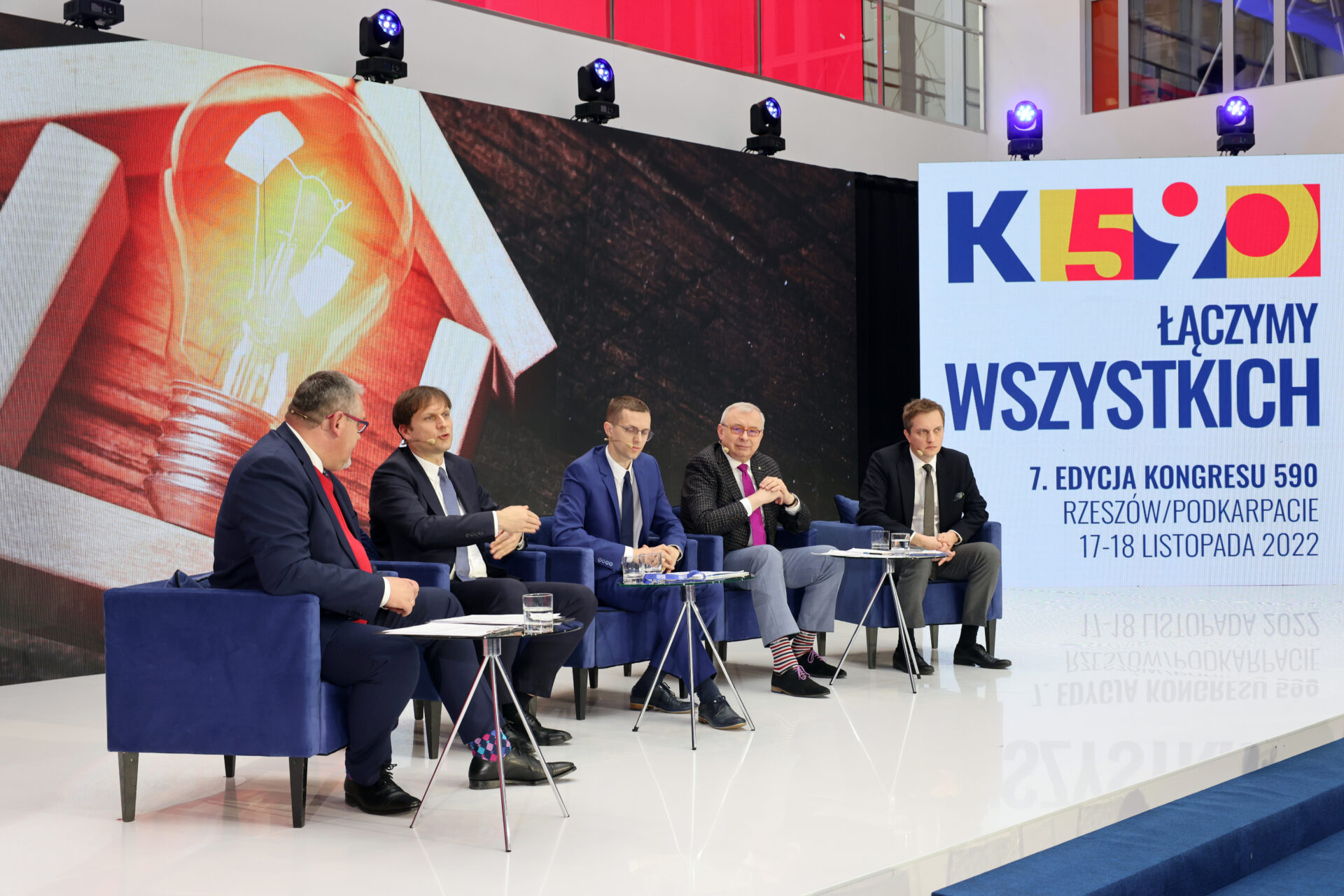
– „Thinking about what the future of the Orlen Group is, we see a trend [showing] that the role of oil will diminish over the next 15-20 years, but the importance of electricity will increase – both in the economy and in transportation. Therefore, we want to build a strong Oil & Gas company, which is involved in the extraction, processing and production of oil and gas, but will also invest in energy, both renewable and nuclear” said Karol Wolff, Director of PKN ORLEN’s Strategy and Strategic Projects Office. – „It is worth noting that where energy companies are state-owned, they are among the largest companies in particular countries, such as France, Spain, Norway or Italy. Thanks to the construction of the Polish multienergy concern, we have entered the first league of large European companies. In this industry, big can do more, which was the main argument for consolidation.”
The concern can play an important role in strengthening the idea of the Trilateral, which has gained in importance after Russia’s attack on Ukraine.
Social policy and the challenges it faces
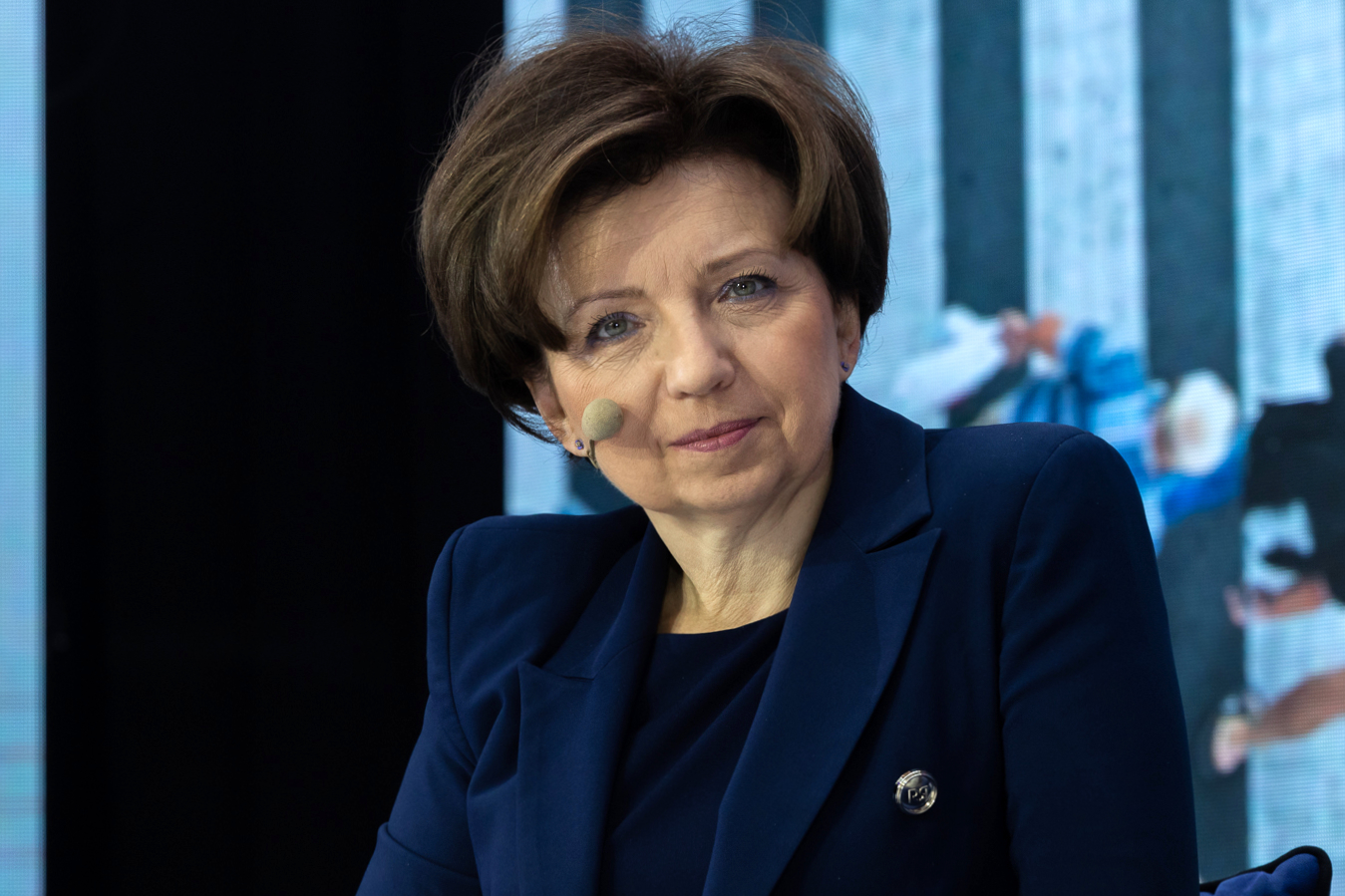
A sizable part of the debates at this year’s Kongres 590 concerned social policy and the challenges it faces. In this context, the role of women and support for the family in various areas becomes crucial.
– „It is our duty as the government and parliament to create family-friendly policies to create opportunities to get out of the low fertility trap. We will not deviate from this path and it will be even more consistently implemented” assured Marlena Maląg, Minister of Family and Social Policy, opening the discussion. – „We are creating a modern Poland to be a leader in the EU and the world. For this to happen, it must be based on a stable foundation and that is the family” she added.
The head of the family ministry explained that this is why the government is implementing such programs as 500+, Maluch+, 13th and 14th pensions, reducing income tax to 12 percent, among others. She announced that there are also new programs implemented this year, such as the family care capital, which is very popular and under which more than PLN 3 billion has already gone to Polish families. Another step is the development of the nursery policy. “To date, more than PLN 2 billion has been invested in creating additional places in nurseries, and we are about to announce an expanded Maluch+ program” – Marlena Maląg said.
In order to successfully exit the low fertility trap, support is still needed for housing policy, child care for children under 3, and changes in labor law to make work opportunities more flexible, such as remote or hybrid work.
All panels can be watched on the Kongres 590 YouTube channel.